Myanmar’s new government will have a long to-do list. One of the issues it will have to scrutinize is what’s going on in Shwe Kokko, a village in Karen State’s Myawaddy Township near the Thai border.
To name a few of the activities that have been reported there: illegal arms smuggling, a mushrooming drugs trade, illegal casinos and a steady influx of shady Chinese investors who are now building a new “China Town” in the area.
Last week, government spokesman U Zaw Htay told the media there are currently more than 2,000 foreigners in Shwe Kokko who have overstayed their visas. Over 1,900 are Chinese; the rest are Malaysians, Laotians, Taiwanese, Vietnamese, Cambodians and Australians.
The government spokesman did not provide details of how the Chinese and other foreigners came to be in Shwe Kokko, or what they have been doing there. In spite of “strict” lockdowns imposed in Myanmar and Thailand, casinos in the border town of Myawaddy remain open, and many gamblers continue to flock in through illegal routes.
Over the weekend, Thai police arrested three Chinese who crossed the border illegally. Thai sources believed they were fleeing “China Town” after the issue of Chinese illegals in Shwe Kokko was raised at the press briefing in Naypyitaw.
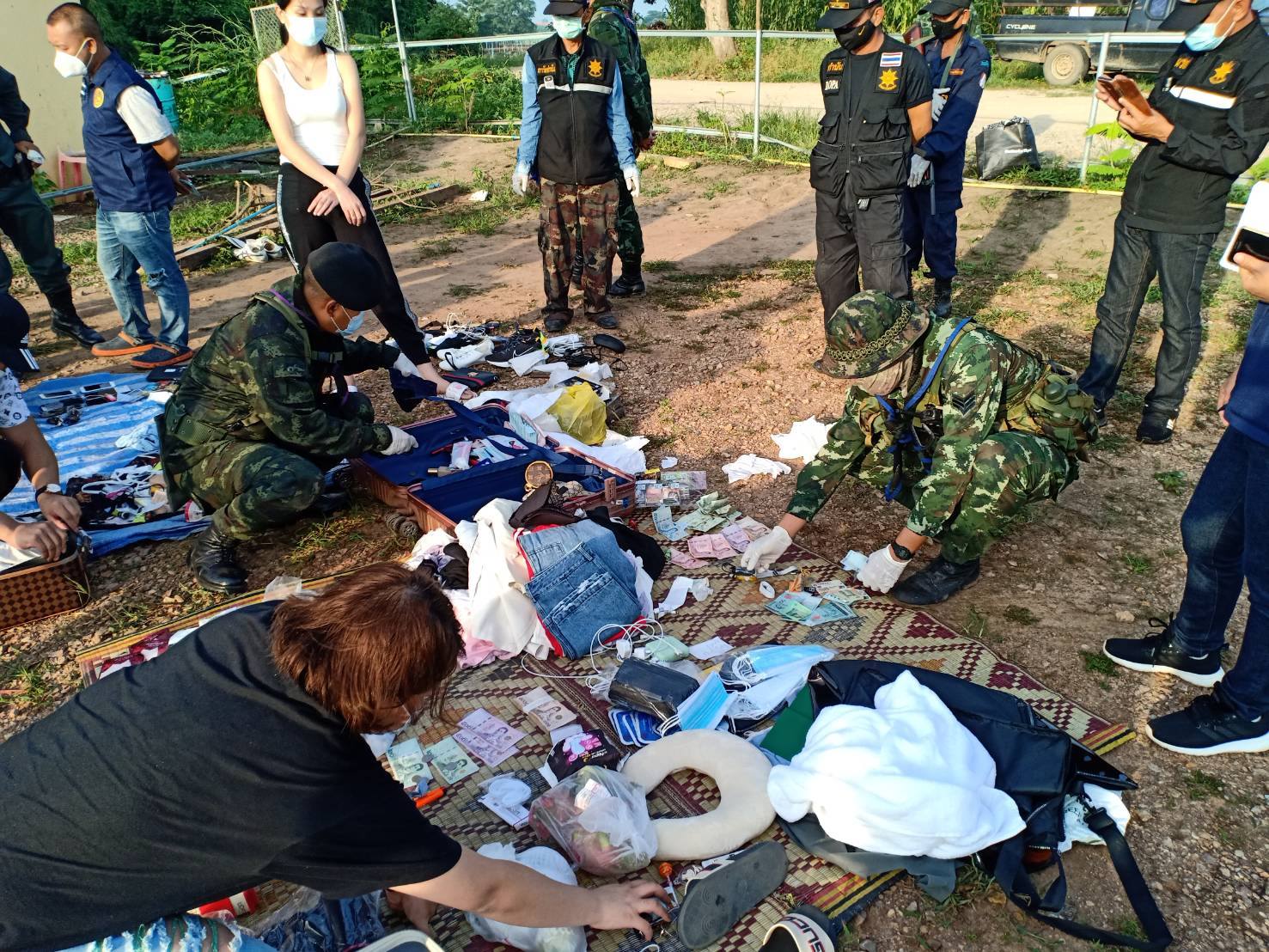
At the time of their arrest, the trio had 8 million Thai baht (over US$255,000 or 328 million kyats) on them.
The arrest of the three Chinese followed the detention of a number of Thai citizens attempting to sneak back into Mae Sot, Thailand from Myanmar. They admitted they had been working in Shwe Kokko.
The Myanmar government has asked officials in Karen State to further investigate the controversial ongoing project. In June, the central government said it had formed its own tribunal to investigate the project. The team has been unable to visit the site, however, due to COVID-19. But lockdown orders and travel restrictions don’t seem to have prevented large numbers of Chinese and other foreigners from flocking into Shwe Kokko from the Thai side in recent months.
It is also important to note that Myanmar authorities recently arrested over 100 Chinese for illegal entry on the China-Myanmar border in northern Shan State. Many of the detained Chinese said they were heading to Shwe Kokko in Karen State.
Karen State’s ‘China Town’
Known locally as ‘China Town’ and often referred to as the Shwe Kokko project, the planned new city is reported to be a $15-billion (19.45-trillion-kyat) collaboration between the Border Guard Force (BGF)—a Myanmar military-backed armed group led by Colonel Saw Chit Thu and formerly known as the Democratic Karen Buddhist Army (DKBA)—and a Hong Kong-registered company, Yatai International Holding Group (IHG).
The DKBA signed a ceasefire with the Myanmar military (or Tatmadaw) and is now under its command as the BGF. The BGF model was created under the previous regime, known as the State Peace and Development Council, and BGF troops operate under military command. They enjoy special privileges to operate businesses in their territory.
In Myanmar, some ethnic armed groups have free rein to engage in economic activities both legal and illegal. The government and military do little to restrict these activities.
IHG has forged partnerships with armed organizations such as the DKBA to expand their businesses in Karen State while avoiding government scrutiny. This is clearly a violation of the country’s laws and regulations.
In September 2017, Col. Saw Chit Thu and the Myanmar Yatai Company signed a partnership agreement for the Shwe Kokko urban development project, which was based on an idea originally put forward by the China Federation of Overseas Chinese Entrepreneurs.
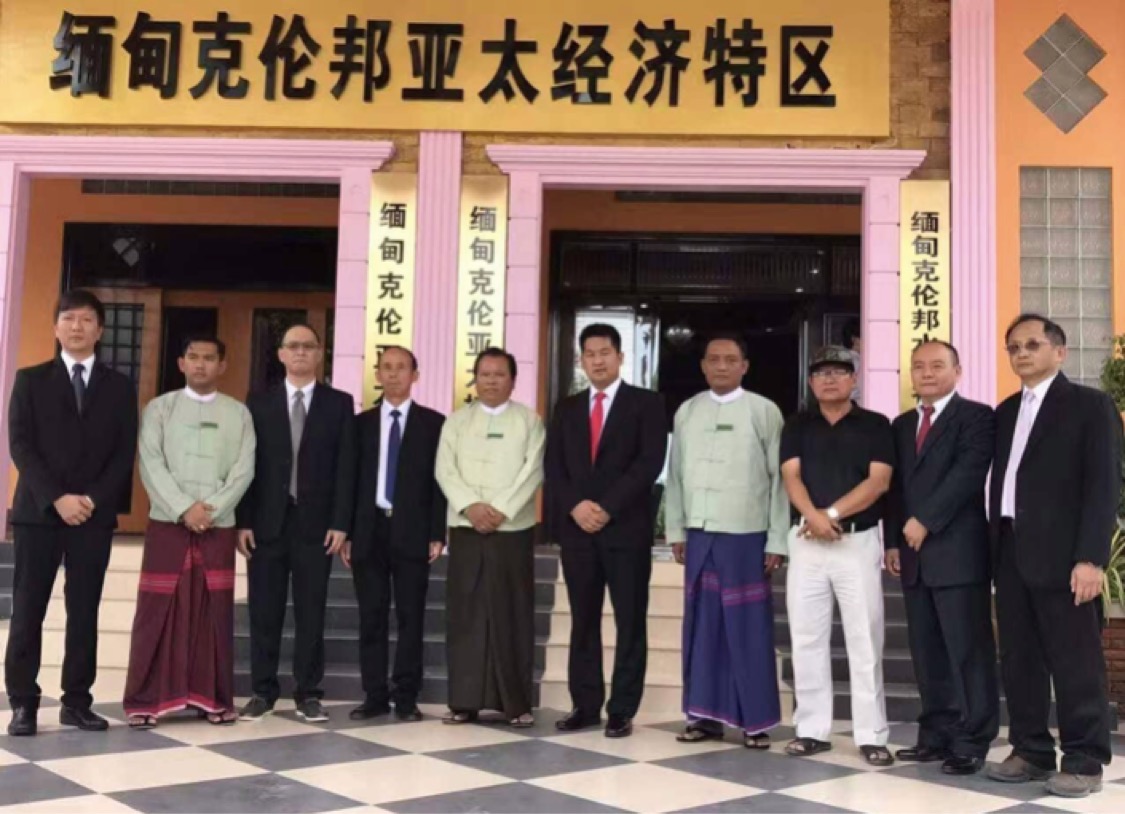
In 2018, the Myanmar Investment Commission (MIC) approved an investment proposal worth $22.5 million (about 30.1 billion kyats) for Shwe Kokko; the proposal called for the construction of 59 villas on 10.3 hectares (or 25.5 acres) of land in Myawaddy Township within three years.
The project has sparked criticism due to a lack of transparency, land confiscations, confusion over the scale of construction and the growing influx of Chinese money into the area, as well as suspected illicit activity and local concerns about the social impacts of casino businesses.
Corruption scandal
Both the government and military must know what’s going on in Shwe Kokko. Karen leaders also have some knowledge of the project and kickback allegations raised in connection with it, but are unwilling to speak to the media about the issue.
The military’s Southeastern Command covers Karen and Mon states; regional commanders certainly have knowledge of the ongoing Chinese developments. The Southeastern Command was headed by Major General Myo Moe Aung for four years until his departure last year. He was succeeded by Brigadier General Ko Ko Maung.
Two weeks ago, The Irrawaddy reported that the Myanmar military was investigating three senior officers for allegedly accepting bribes from the Karen BGF to keep silent about illegal gambling activities at the controversial new city development.
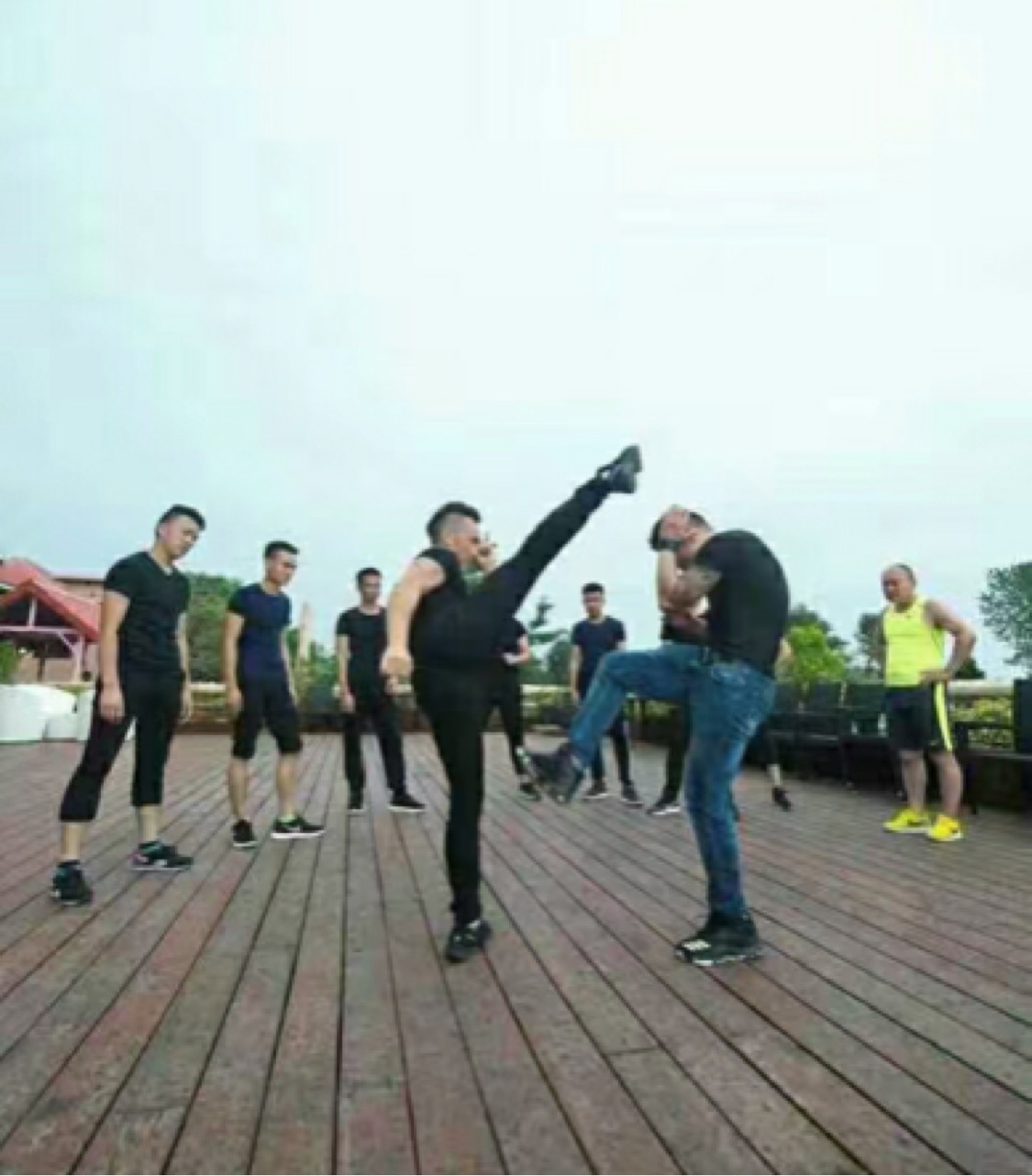
However, several informed Karen sources said the senior officers were being investigated for allegedly taking monthly bribes from several casinos operating in Myawaddy Township that are not part of the Shwe Kokko project, and that the probe is not related to gambling in “China Town” as has been reported.
There are more than 15 casinos in Myawaddy, and many are owned and operated by Chinese. Several armed groups including the DKBA and the KNU/KNLA-PC also receive kickbacks from casinos.
It remains to be seen what action the government will take against officials who have knowledge of the Shwe Kokko project and are believed to be taking bribes from its operators. In the past, the chief minister of Karen State and other officials have attended official ceremonies for the project in the company of Chinese investors and BGF leaders.
Some signs have emerged that the government and military are starting to wake up to the reality and pay serious attention to Shwe Kokko.
In July, the deputy minister for investment and foreign economic relations told the Union Parliament that action would be taken under the Myanmar Investment Law if the Chinese investors fail to comply with or violate laws and regulations. But nothing has happened yet.
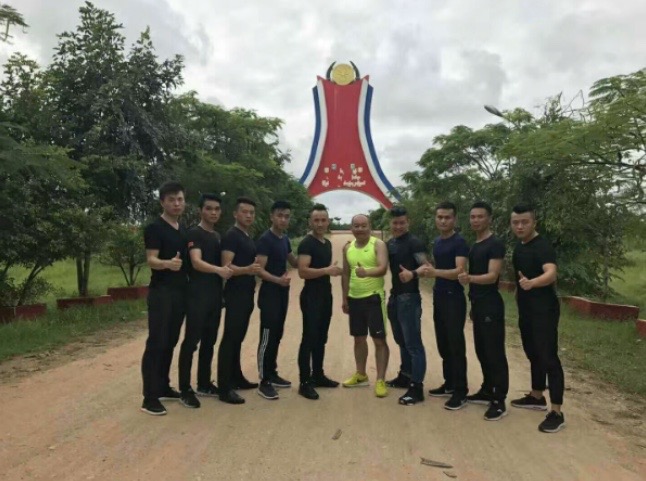
In August, the Chinese Embassy in Yangon expressed support for Myanmar’s move to investigate irregularities surrounding Shwe Kokko. Interestingly, Chinese media have also begun to report on the nature of the project and the shady figures involved in it.
Spokesman U Zaw Htay told the media that it is difficult for the government to control ethnic armed groups. But if the government can’t control them, who will?
Assault rifles in Shwe Kokko?
Military Intelligence sources in Naypyitaw are now concerned that several shipments of assault rifles have reached Shwe Kokko, and unconfirmed reports have emerged of ongoing weapons training there.
Karen armed groups along the border continue to buy arms from the illegal Thai market as well as from Chinese suppliers. Wa insurgents in the north have also made contact with Karen commanders and sold arms to them.
Several shipments of arms and ammunition from Mae Sot and Myawaddy are known to have traveled as far as Sagaing Division and Chin and Rakhine states, where ethnic Rakhine rebels, Indian militants and Muslim terrorists have stationed themselves and built hideouts.
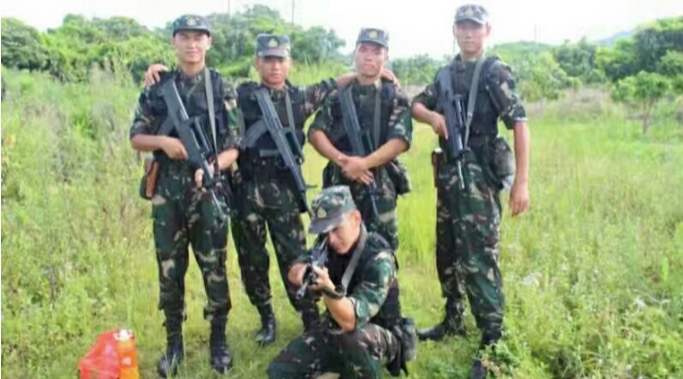
Additionally, several Karen groups, including BGF units, are involved in producing crystal methamphetamine for export to Thailand, Malaysia, Indonesia, Australia and the Middle East.
The fact that shady Chinese and local armed groups have been able to establish a gambling megaproject is mind-boggling. The project is a direct violation of Myanmar’s sovereignty.
The 2008 Constitution states clearly that it is the role of the defense services to safeguard the nation’s sovereignty. If the government and military are unable to investigate Shwe Kokko and clamp down on illegal activities including arms and drugs trading in Karen State, then their insistence on the need to safeguard Myanmar’s sovereignty and protect the union against disintegration is just a joke. Therefore, cleaning up Shwe Kokko should be at the top of the new government’s to-do list.
You may also like these stories:
Bangladesh’s Harboring of Terrorists Continues to Hinder Rohingya Repatriation Process
Detained Myanmar Journalists Physically Abused by Karen Border Guard Force
KIA Says Myanmar Military Offers Supplies, but No Planning, to Fight COVID-19

















